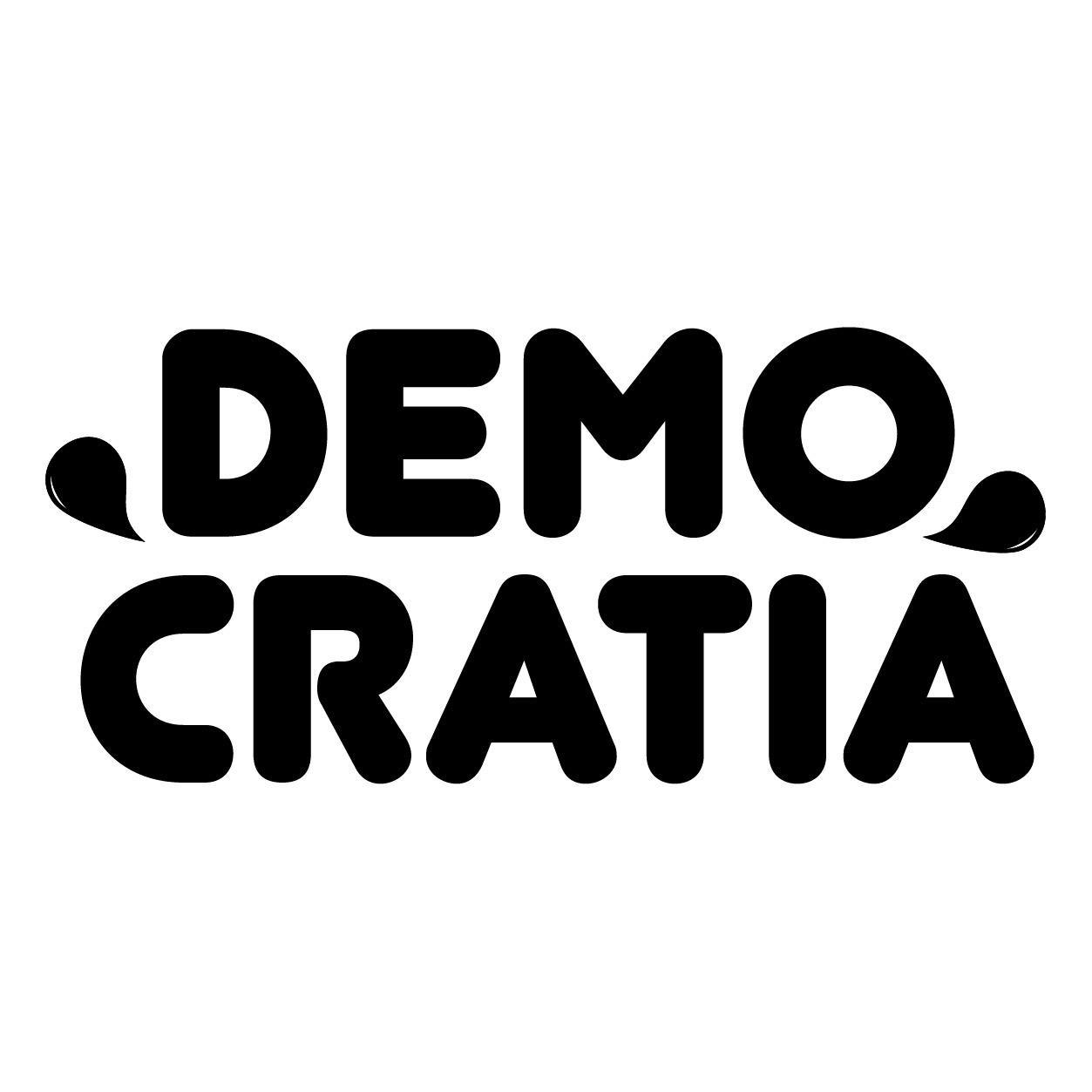DEMOCRATIA AQUA TECHNICA III
Democratia – Aqua – Technica is a DAAD-financed project within the research programme “Hochschuldialog mit den Ländern des westlichen Balkans” (Higher Education Dialogue with the countries of the Western Balkans).
The interdisciplinary network Democratia Aqua Technica, founded in 2019 and initiated by SRH University Heidelberg and University of Novi Sad, focuses on the development of innovative solutions for sustainable water resource management to promote the reduction of water conflicts. In 2022 four project-based events are planned with partner universities from Russia, Hungary, and Turkey.
The focus of the network is on the development of innovative technical solution concepts for sustainable water resource management to promote the reduction of regional and local conflicts and the motivation of the “next generation” for civil society engagement. Building on the experience and results of the series of events in 2020 and 2021, SRH University Heidelberg and University of Novi Sad, together with students from partner universities, will conduct several project-based events to studies on:
– river depollution in urban design,
– micropollutants / water quality / Artificial Intelligence, and
– water re-use / resource recovery.
These events will focus on the creation of ideas, concepts, entertaining approaches and or solutions to be presented as challenges within 24 hours in a bid to find innovative technical solutions towards sustainable water resources management using cross-academics approaches.
The ideas and concepts generated during the Democratia–Aqua–Technica to be presented during an online conference will contribute innovative solutions for sustainable water resource management with the ultimate aim of promoting the reduction of regional and local conflicts vis-à-vis water use.
The concept of the events is on line with the HSHD study model – the CORE Principle (Competence Oriented Research
and Education) that won the 2018 Genius Loci Prize for Teaching excellence. The CORE principle promotes active and
independent learning focus and is reflected in the innovative teaching-learning methods of the events.
Four events are planned in 2022 under the umbrella of the Democratia – Aqua -Technica network, which will intensify the technical and methodological exchange between the partner universities. The joint project work on socio-political issues also offers an ideal framework for intercultural dialogue at eye level, which in particular provides to enable an exchange of personal experience with civil society engagement. By studying water technology, young people have the opportunity to apply for the Engaging the environment and water protection while being economically successful at the same time.
The Study Visit in Germany from the UNS, a total of 9 people from Serbia will take part. At the Young Scientist Research Week at UNS will be attended by 10 people from HSHD. At the final digital closing conference, in addition to the participants from the UNS and the HSHD, at least 4 scientists, 4 doctoral students and 4 graduates from partner universities in Russia, the Turkey, Hungary and Slovenia will also take part.
Scope of the Project
The history of many countries is characterized by struggles over natural resources. The resource water is of central importance for the socio-economic development of a society or a state. If this access is restricted, e.g. by pollution, overuse or political conflicts, the associated decline in the social standard of living and general dissatisfaction can lead to massive intra-societal tensions, which have an enormous destabilizing potential for democratic forms of government and society. Both resource scarcity and resource abundance act as internal destabilizing factors through the resulting competition for distribution. This distributional competition occurs between different user groups, e.g., between agriculture and industry, urban and rural populations, or between ethnic groups. In addition, weak rule-of-law structures create a fertile breeding ground for corruption and clientelism in water policy and management.
Because of its importance, water as a resource is often politicized and/or ideologized. Political goals such as maintaining power, regional dominance or ideological dominance outweigh the question of technical solutions for demand-oriented distribution. Whether water supply and wastewater disposal, freshwater production, or water treatment – the spectrum of water technology options for promoting water resource management geared to local and regional needs is diverse and very promising in terms of promoting the reduction of conflicts. Complementary to the technological perspective, water partnerships as alliances between state institutions, companies and civil society actors can make an important contribution to conflict reduction and democracy development.
The DAAD is the world’s largest funding organisation for the international exchange of students and researchers. The motto of the DAAD is “Change by Exchange”. Since it was founded in 1925, around two million scholars in Germany and abroad have received DAAD funding. It is a registered association and its members are German institutions of higher education and student bodies. Its activities go far beyond simply awarding grants and scholarships. The DAAD supports the internationalization of German universities, promotes German studies and the German language abroad, assists developing countries in establishing effective universities and advises decision makers on matters of cultural, education and development policy. More about the DAAD on their website.

